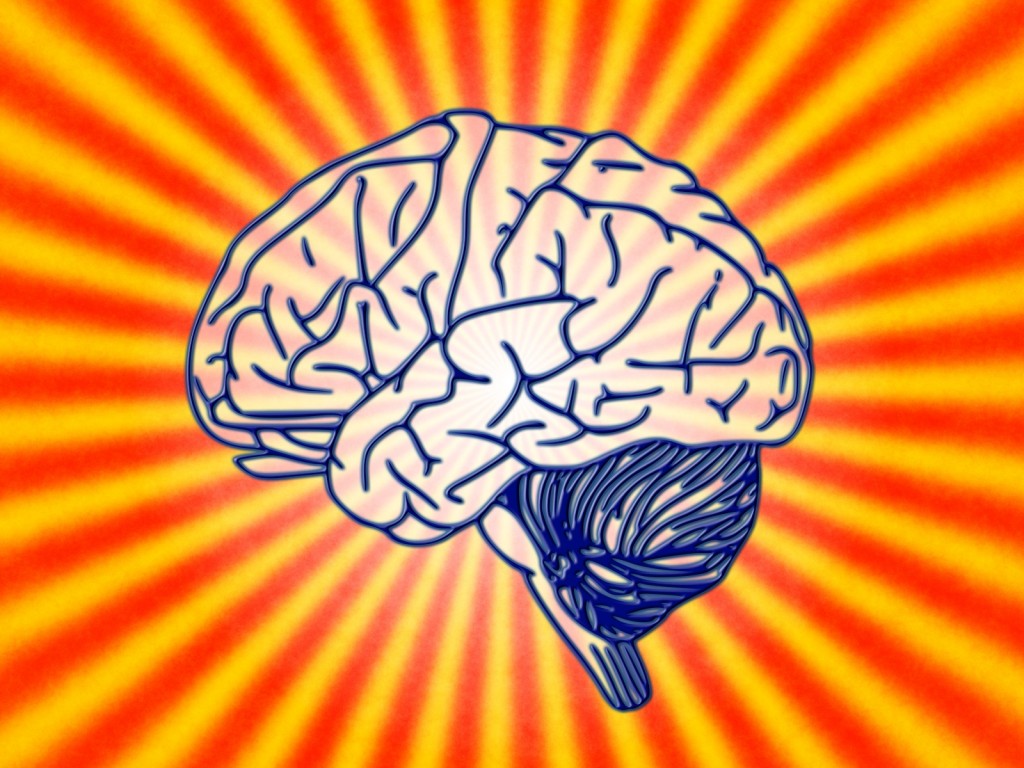Dementia is a condition that can tear apart families and relationships, and there have been few breakthroughs in terms of cures. Now, a study published in the New England Journal of Medicine may give hope to those who are being affected by the ailment.
 The Framingham Heart Study shows that new rates of dementia may actually be decreasing within the aging population. The report looks at data from the past three decades, including FHS exams, outside clinical records, and an examination of participants. When the researchers observed the late 1970s, 1980s, 1990s and 2000s, they found a notable decline in dementia at a given age. There has been an average reduction of 20 percent per decade since the 1970s.
The Framingham Heart Study shows that new rates of dementia may actually be decreasing within the aging population. The report looks at data from the past three decades, including FHS exams, outside clinical records, and an examination of participants. When the researchers observed the late 1970s, 1980s, 1990s and 2000s, they found a notable decline in dementia at a given age. There has been an average reduction of 20 percent per decade since the 1970s.
Furthermore, the decline was more pronounced when researchers looked at a sub-type of dementia caused by vascular diseases. Researchers also observed a decreasing impact of heart diseases, indicating that stroke treatment and heart disease prevention may be key factors.
“It is very likely that primary and secondary prevention and better management of cardiovascular diseases and stroke, and their risk factors, might offer new opportunities to slow down the currently projected burden of dementia for the coming years” said Carole Dufouil, Inserm research director in Bordeaux, France.
Despite the positive study results, the researchers are unsure of exactly why the rates of dementia decreased. However, it may still be worth taking preventative measures into account if you happen to be at risk of dementia. The World Health Organization expects the number of people with dementia to increase from 47.5 million to 75.6 million come 2030. Here are some tips for keeping your mind sharp on a regular basis:
- Maintain mental stimulation. This means engaging in puzzles, such as crosswords and word games, to work on memory training and keep your brain active.
- Stay physically and socially active. Some experts believe that physical activity and frequent social interaction may delay the onset of dementia.
- Never stop learning. Researchers have found that education may help your brain develop a strong nerve cell network. This can combat nerve cell damage that’s caused by Alzheimer’s disease.
- Reduce your blood pressure. High blood pressure is thought to be a contributing factor to some types of dementia. Ongoing research is looking into the link between blood pressure and dementia risk.
Whether or not you have a history of dementia in your family, it’s worth talking to your doctor about your risks as they pertain to your personal health.
Sources
“Incidence of Dementia May Be Declining.” Boston University School of Medicine. February 10, 2016.
“Prevention.” Mayo Clinic. Retrieved February 17, 2016.
